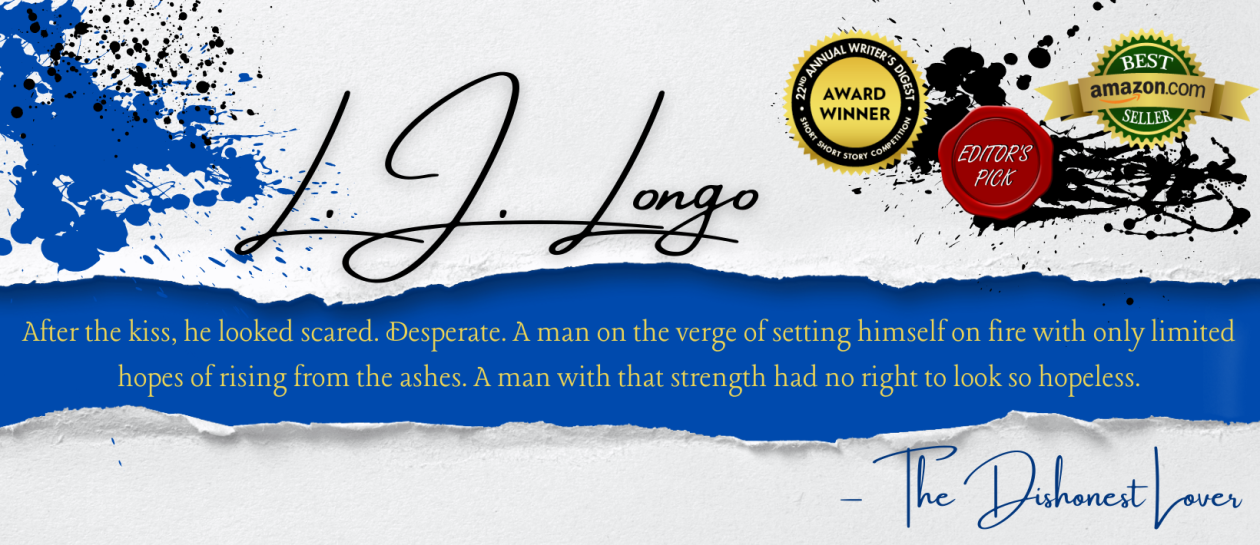Batter my heart, three-person’d God; for you
As yet but knock; breathe, shine, and seek to mend;
That I may rise, and stand, o’erthrow me, and bend
Your force, to break, blow, burn, and make me new.
I, like an usurp’d town, to another due,
Labour to admit you, but O, to no end.
Reason, your viceroy in me, me should defend,
But is captived, and proves weak or untrue.
Yet dearly I love you, and would be loved fain,
But am betroth’d unto your enemy:
Divorce me, untie, or break that knot again,
Take me to you, imprison me, for I,
Except you enthrall me, never shall be free,
Nor ever chaste, except you ravish me.
John Donne is probably best known for his poem “Death Be Not Proud” which is an incredibly triumphant sounded about the power of the soul over death. There’s a great play called Wit by Margaret Edson that centers a modern scholar’s death and her relationship to this poem. Donne is also the poet who gave us the phrases “no man is an island” and “for whom the Bell tolls” and “catch a falling star” (which according to Wikipedia, who I have zero faith in, inspired Neil Gaiman to write Stardust).
Donne, was born in 1572, was notorious ladies man until he married Anne More when he was about thirty. This marriage was disastrous for the couple as both of their fathers disapproved of the match; Donne was actually imprisoned for this “illicit marriage.” Shortly afterward, the marriage was proved valid, but Donne had lost his job, his station, and his faith in the Catholic Church.
But he never lost his faith in God (eventually he wrestled through his self-doubt and grief over Anne’s death to become an Episcopal priest). His early poems which were almost entirely romantic often used sacred imagery; while his later poems love letters to God. Many scholars criticized Donne’s poetry for mixing the sensual love with sacrosanct and I suspect most were not published until after his death so he would not be persecuted as a heretic.
My favorite of Donne’s poems is Sonnet 14: Batter my Heart, because of the mixture of violent sexual imagery with a divine prayer. While it’s not a love poem, per say, I referenced this poem in Uninvited Love and figured I would include it here.
The sonnet begins with an appeal to a gentle God to stop being so kind. This is not a speaker who wants his faith tested, but one who wants the divine to shatter him and create him again stronger and more secure in his faith. In order to stand, he begs to be thrown to the ground and broken.
In the next phrase, God’s enemy has captured this poet’s reason and pillaged and plundered him like a “usurp’d town.” He appeals to God to save him from this marriage to the Devil by asking the divine to steal him back, enslave him, and rape him. It’s one of my favorite lines in poetry:
“Take me to you, imprison me, for I,
Except you enthrall me, never shall be free,
Nor ever chaste, except you ravish me.”

